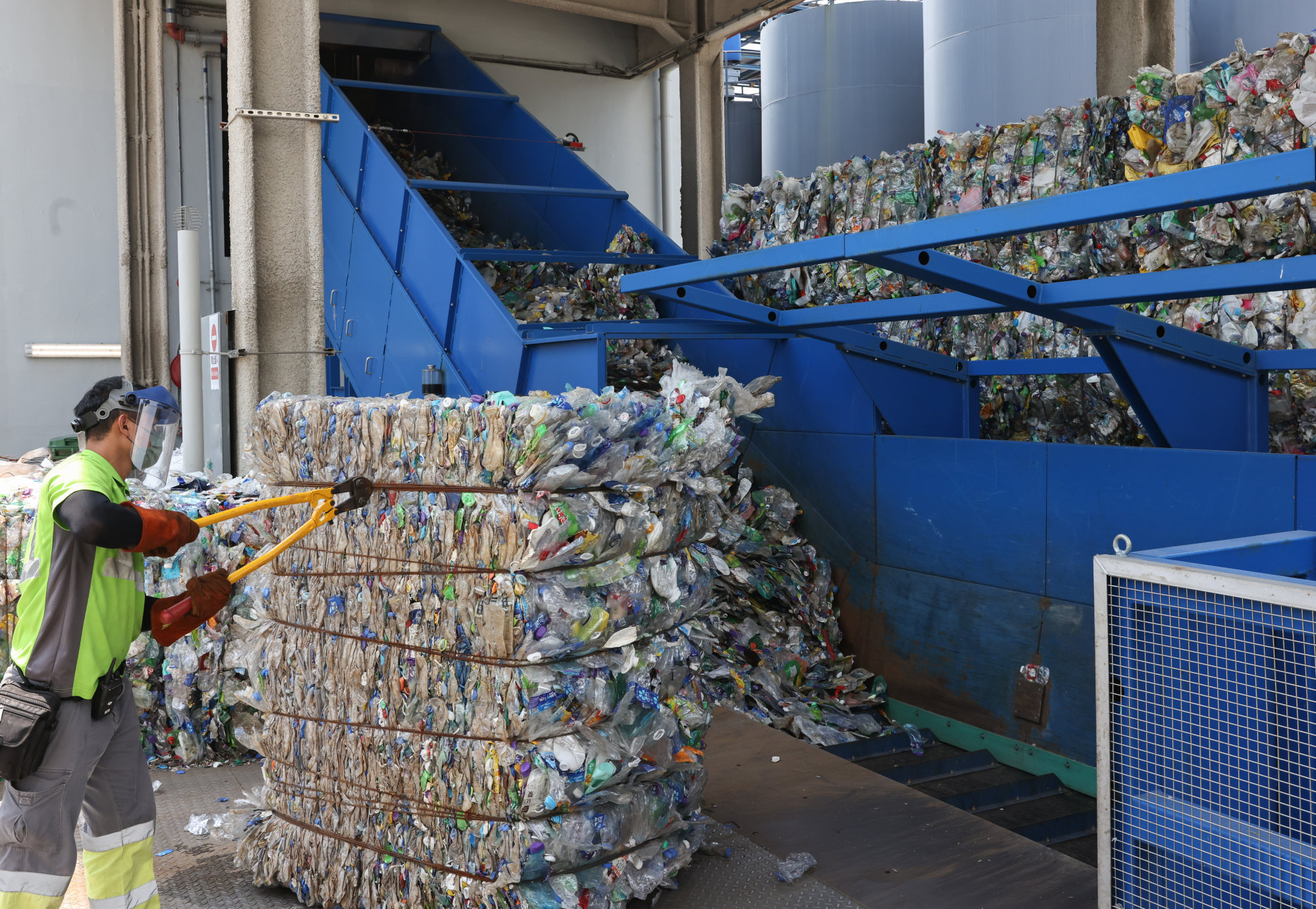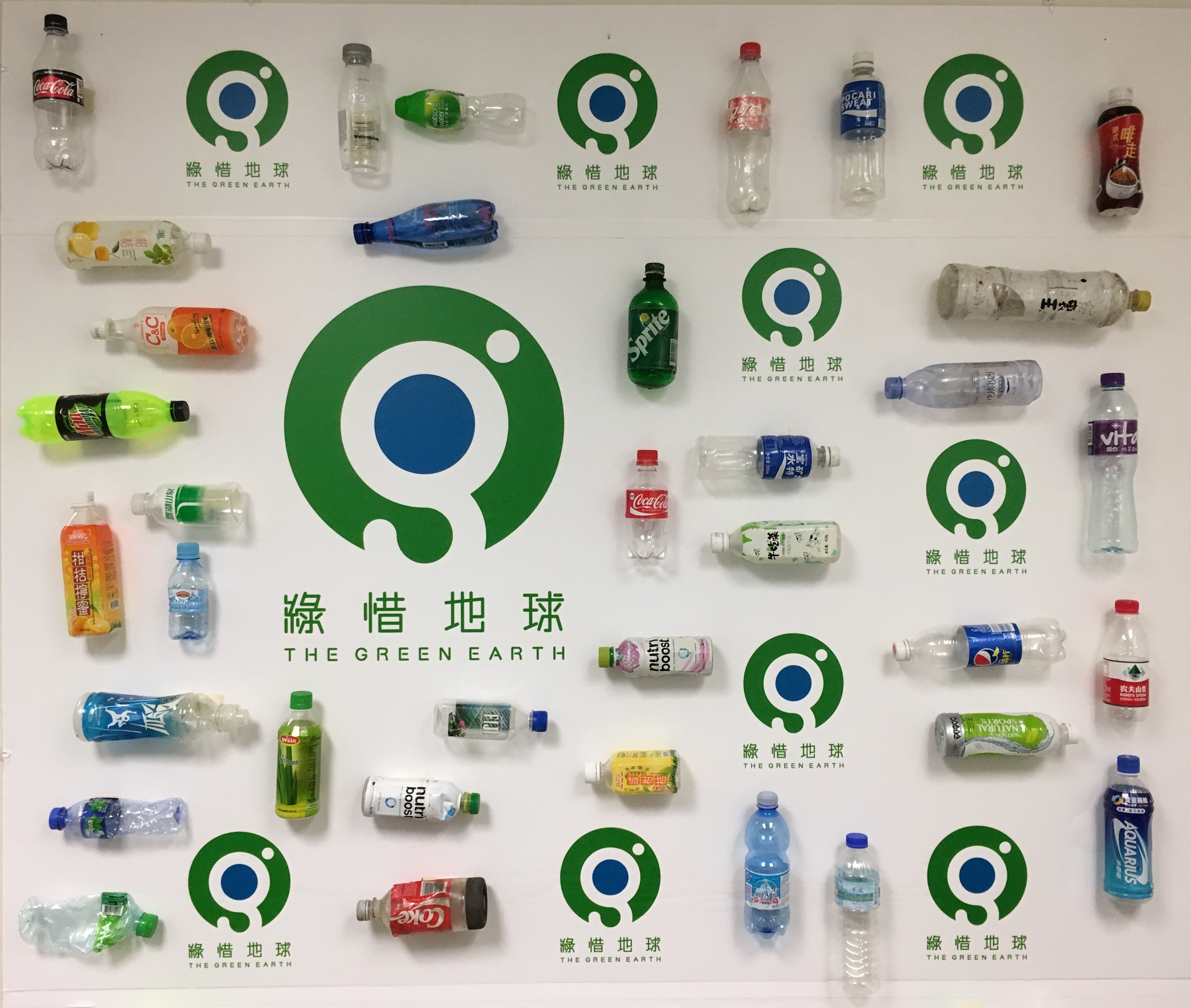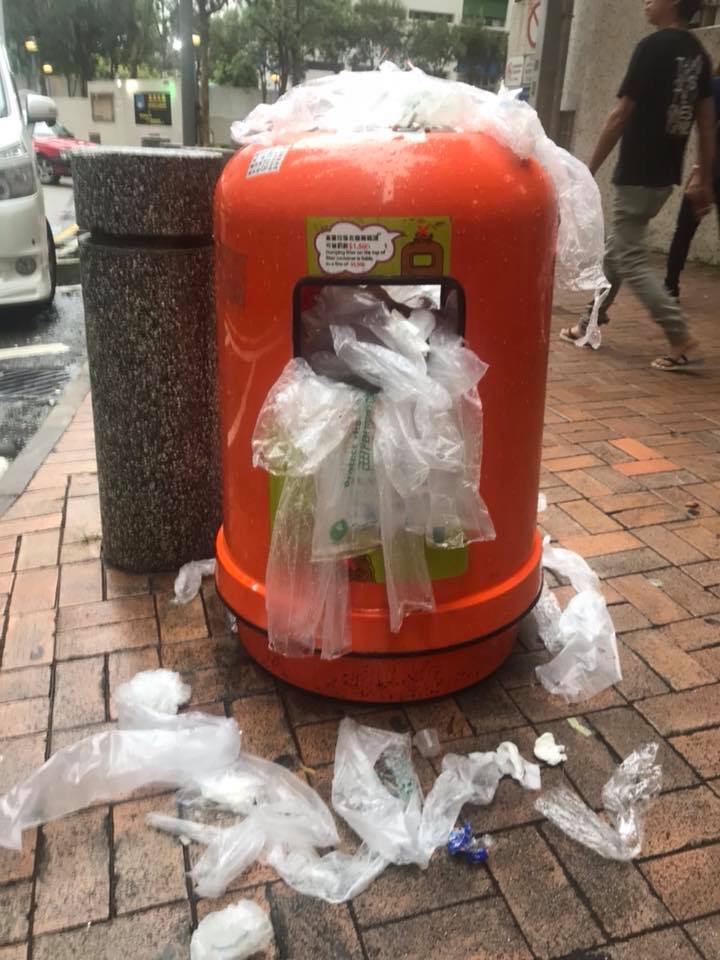Hong Kong Must Up The Stakes To Stop Recyclable Plastic Bottles From Ending Up In Landfills
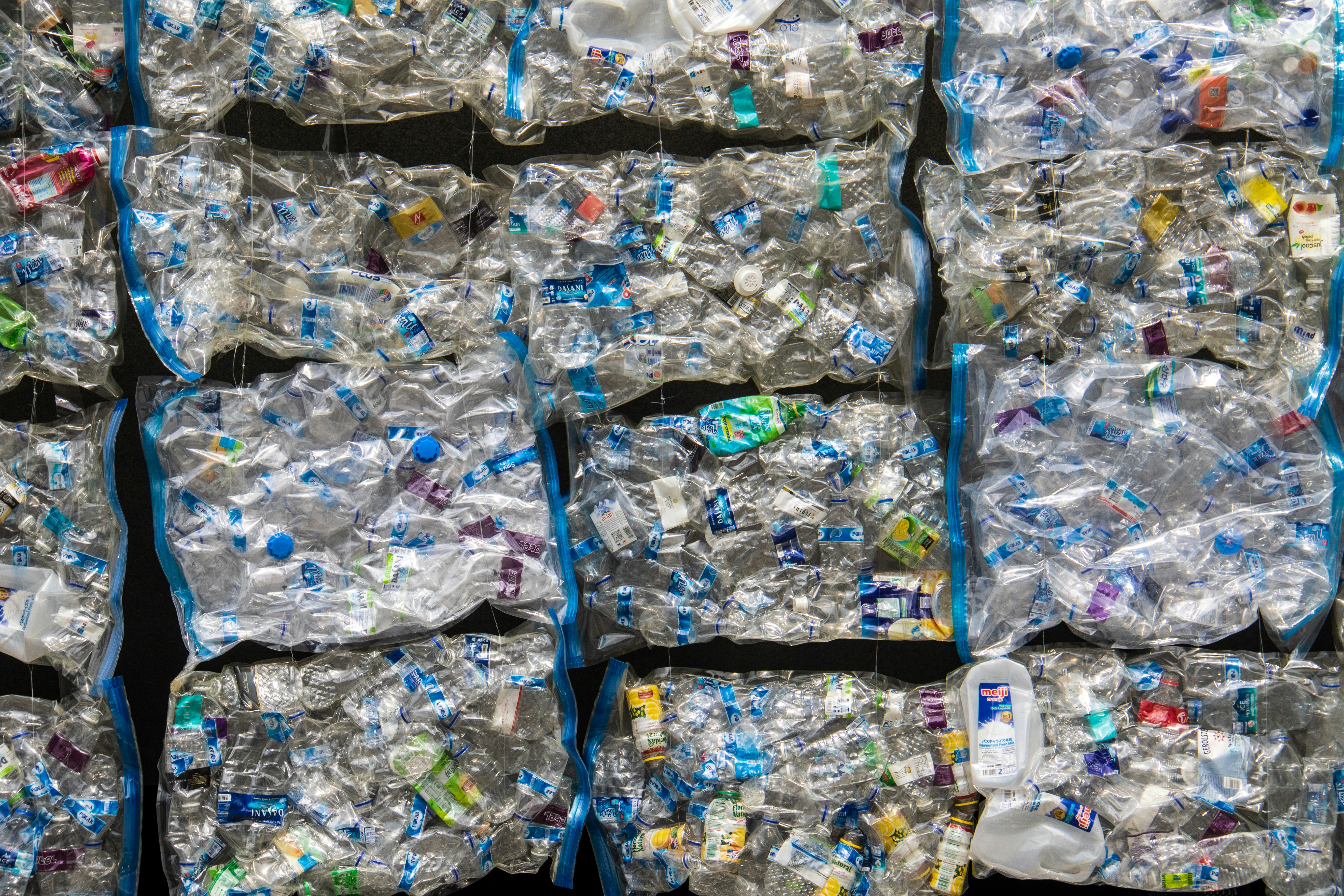
(22 Jun 2023 SCMP)
Almost all of Hong Kong’s polyethylene terephthalate (PET) plastic bottles continue to be thrown away, rather than recycled, despite plastic recovery schemes. Less than one per cent were recycled in 2019, the latest year for which discrete PET figures are available, with the bulk – about 121 tonnes a day – ending up in a landfill. Many such plastic bottles are simply dumped on our beaches and nature trails, polluting our environment.
Since 2020, the Environmental Protection Department has provided instead a combined figure for the disposal of all plastic bottles. Such a backward step in data transparency hinders the public monitoring of environmental issues in Hong Kong.
Given that PET bottles made up 63 per cent of plastic bottle waste in 2019, I estimate that 127 tonnes of PET bottles were thrown away every day in 2021, the latest year for which figures are available. Plastics constituted only about 6 per cent of all recyclables recovered from municipal solid waste; the specific rate for PET bottles is unknown.
Since the establishment of our environmental group, The Green Earth, in 2016, we have offered the authorities advice on effective strategies to tackle Hong Kong’s serious plastic waste problem, which includes single-use PET bottles and cartons.
It was recently reported that the city’s most advanced plastic recycling facility has been close to suspending operations since April due to insufficient feedstock. The large-scale plant only began operating at the EcoPark in January last year, and can produce food-grade recycled PET.
I remembered attending the groundbreaking ceremony in late 2019 at which then-environment minister Wong Kam-sing officiated. I was pleased to witness the recycling milestone, which was expected to be followed by a producer responsibility scheme to mandate producers to recycle single-use drink containers.
Last December, I attended the plant’s opening ceremony. No senior official from the Environment and Ecology Bureau was there to make a speech or show support on stage. The recycler is able to process up to 30 tonnes of plastic bottles a day – but for the first three months of this year, only had about 10 tonnes a day.
I was shocked when I heard that the plant might be suspending operations, but not surprised once I learned why. Recycling is no different from any other business in that it needs to make a profit to continue.
Used PET bottles and liquid cartons carry almost zero value in our city, and this is reflected by the scavengers who traditionally go for more “valuable” recyclable rubbish such as paper and metals. That some scavengers have started to collect single-use drink packaging in recent years is due to their artificially created value, a result of the recovery schemes funded by the government or companies.
But for most consumers, this artificial value is still too low to encourage them to return used drink packaging for recycling. How low, you might ask? Well, don’t laugh when I tell you that some recyclers offer just five cents a bottle while government-funded reverse vending machines offer 10 cents.
I can see why large companies support NGOs in launching recycling schemes. Among other things, it helps NGOs do their good work and is good marketing, especially for drink producers.
But for the government, surely the greater responsibility is to direct the drink industry towards the right approach to tackling plastic waste, instead of piloting recovery schemes that do not even offer rebates attractive enough to change mass consumer behaviour.
To put it bluntly, both the drink industry and the government are too naive if they truly think that such meagre rebates would be effective.
The Global Deposit Book 2022, published by international non-profit organisation Reloop, indicates that a minimum deposit value of 7-9 US cents (equivalent to 55-70 Hong Kong cents) can help achieve a median return rate of 75 per cent.
To tackle the drink packaging waste problem effectively, the Environmental Protection Department should refer to the successful approaches in the Global Deposit Book and submit a draft bill on producer responsibility to the Legislative Council immediately.
To prevent existing and new recycling facilities from closing down and setting back the plastic recycling effort, I propose that we fix the minimum recycling rate at 70 per cent as a starting point and adopt a more incentivised deposit return approach.
Edwin Lau Che-feng, founder and executive director, The Green Earth
Source: Hong Kong Must Up The Stakes To Stop Recyclable Plastic Bottles From Ending Up In Landfills


 綠惜講座
綠惜講座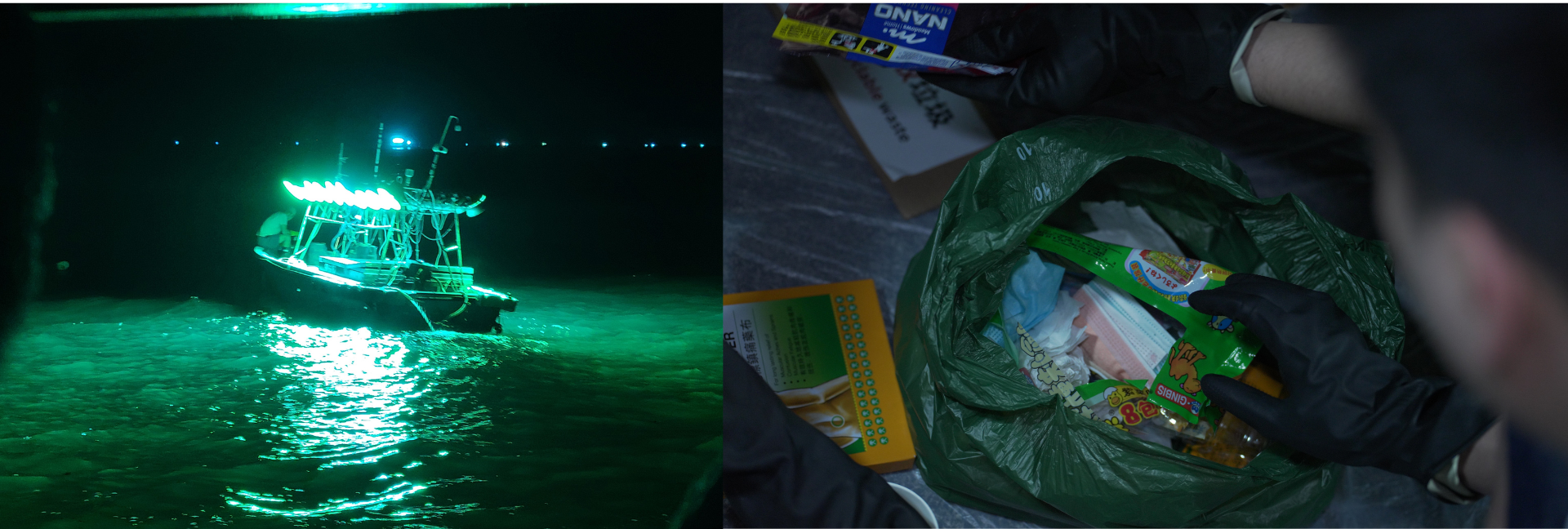

 2023-06-22
2023-06-22
 返回
返回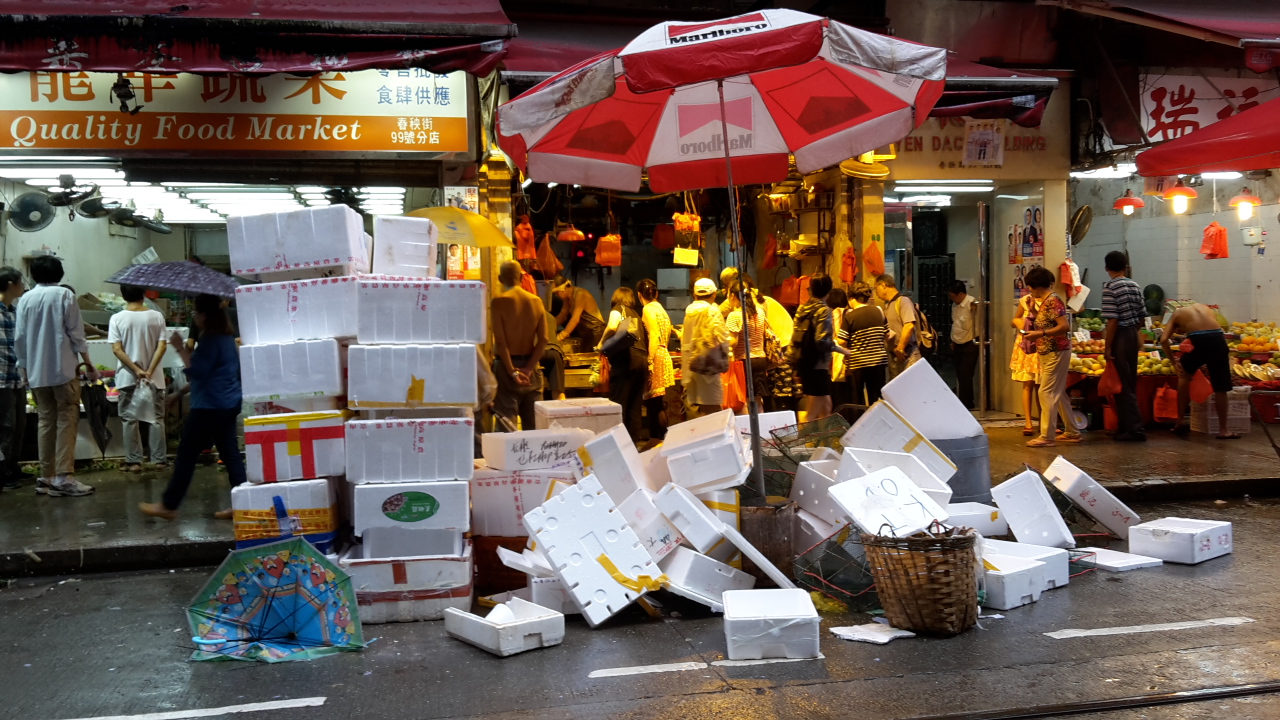
 2021-05-09
2021-05-09
